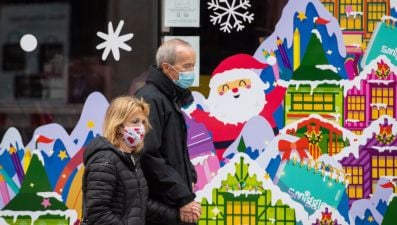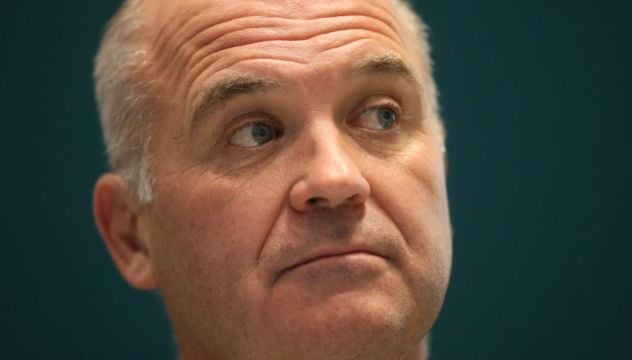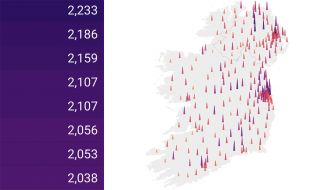Even moderate reductions in vaccine effectiveness or increases in transmissibility associated with the Omicron variant would result in a “high to very high” risk of a surge in disease, the Government has been warned.
In scenarios outlined in a letter from the National Public Health Emergency Team (Nphet) to Minister for Health Stephen Donnelly, pessimistic scenarios show up to 1,300 people in hospital and up to 400 in intensive care in January.
These scenarios assume Omicron becomes dominant in the coming weeks, by early January next year, vaccines are less effective, and it is more transmissible.
In such a scenario, a surge would be amplified by “increased effective social contact over the Christmas period”.
This would come against the backdrop of a “challenging” position in the health service, notwithstanding early signs that a plateau has happened, albeit at a high level.
With much still unknown about the impact of Omicron, the potential impact on disease trajectory and on the HSE is “highly uncertain,” the letter states.
However, the variant has been detected at a time when socialising is expected to increase over the Christmas period, while increased compliance seen among the public may not persist over the festive season, chief medical officer Dr Tony Holohan warned Mr Donnelly.

Much of this socialising will take place indoors, between generations and involving people with a recent travel history. Furthermore, there is an expectation of increased influenza following last year's low levels of disease.
When these factors are combined, the letter warns that they could present “serious challenges” in the weeks ahead. While it is “impossible to quantify the level of risk”, this may only become clear “when it may be too late to take mitigating measures”, the letter warns.
As previously reported on Friday morning, it recommends that nightclubs should close, that indoor hospitality should return to pre-October 22nd measures, and that 50 per cent capacity limits be imposed on indoor gatherings.7







